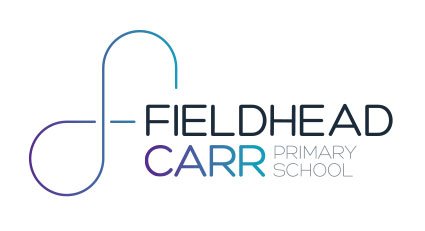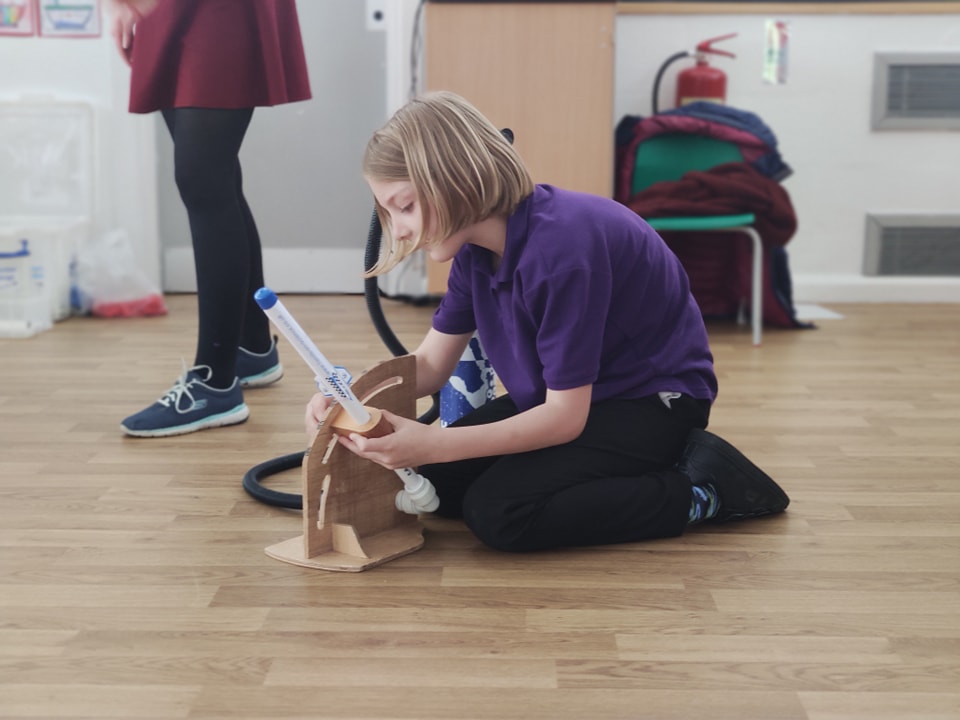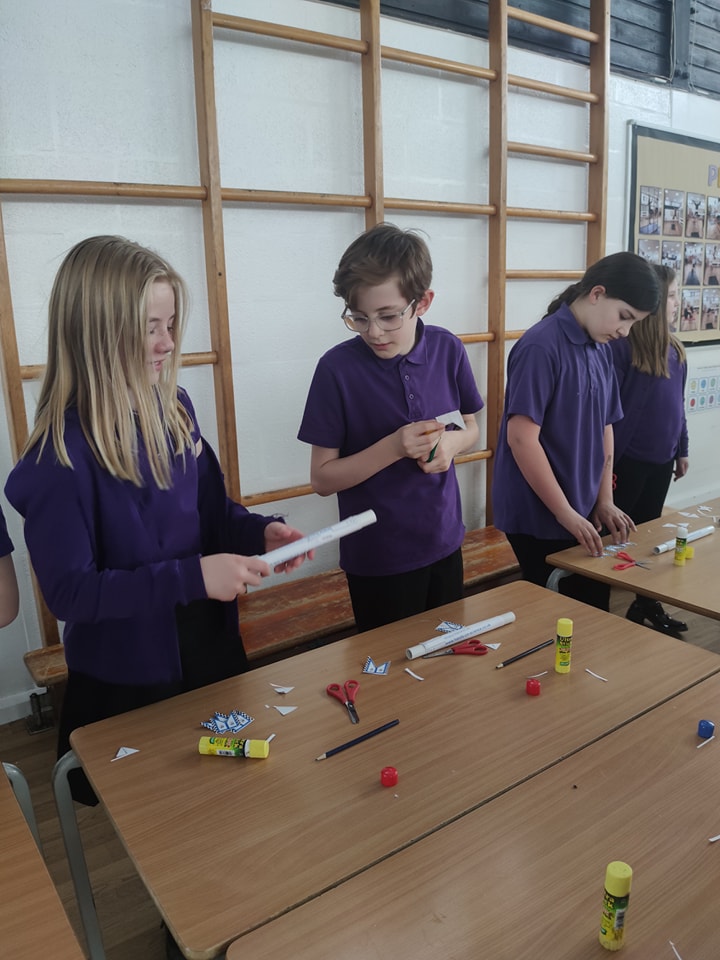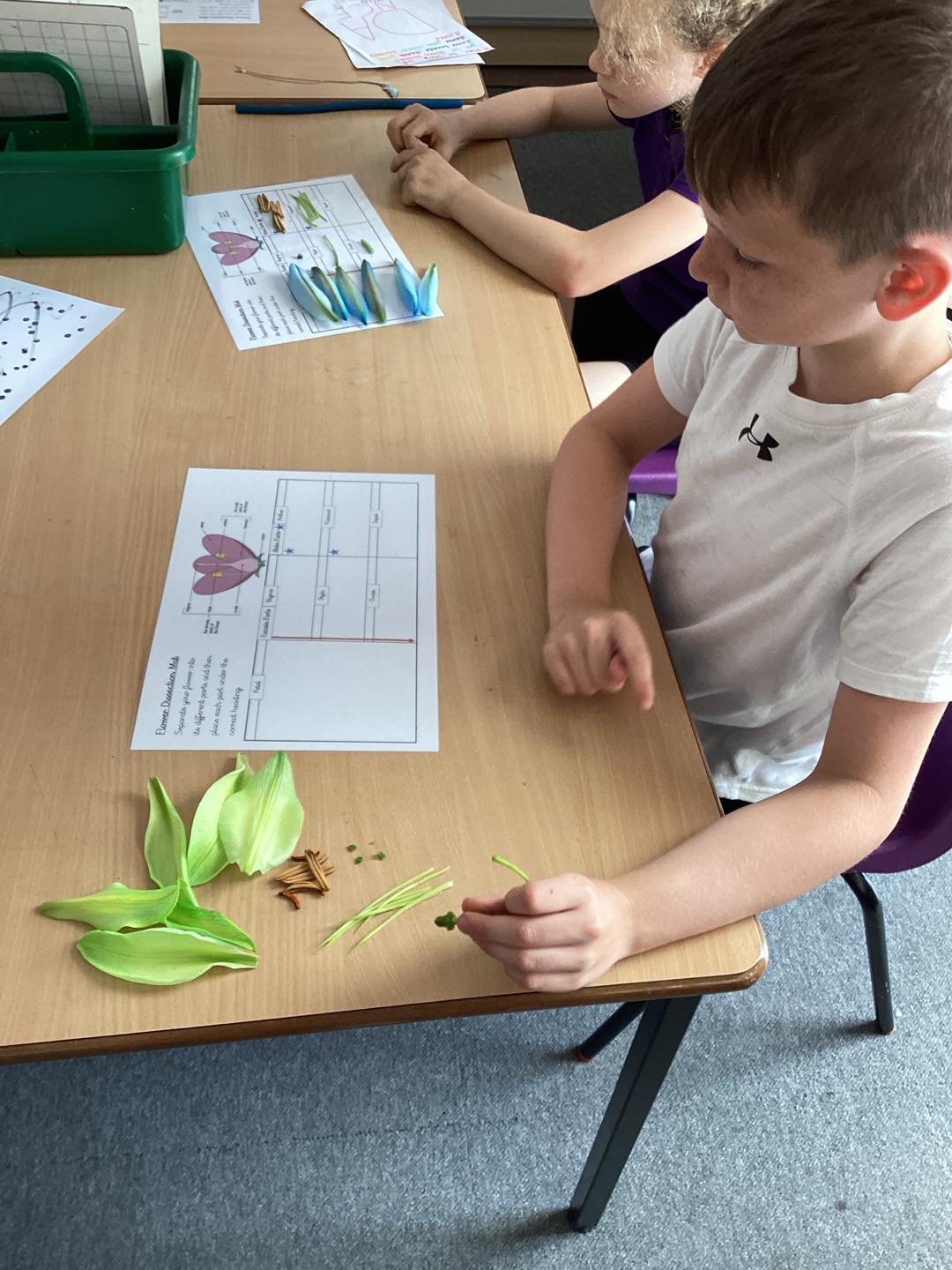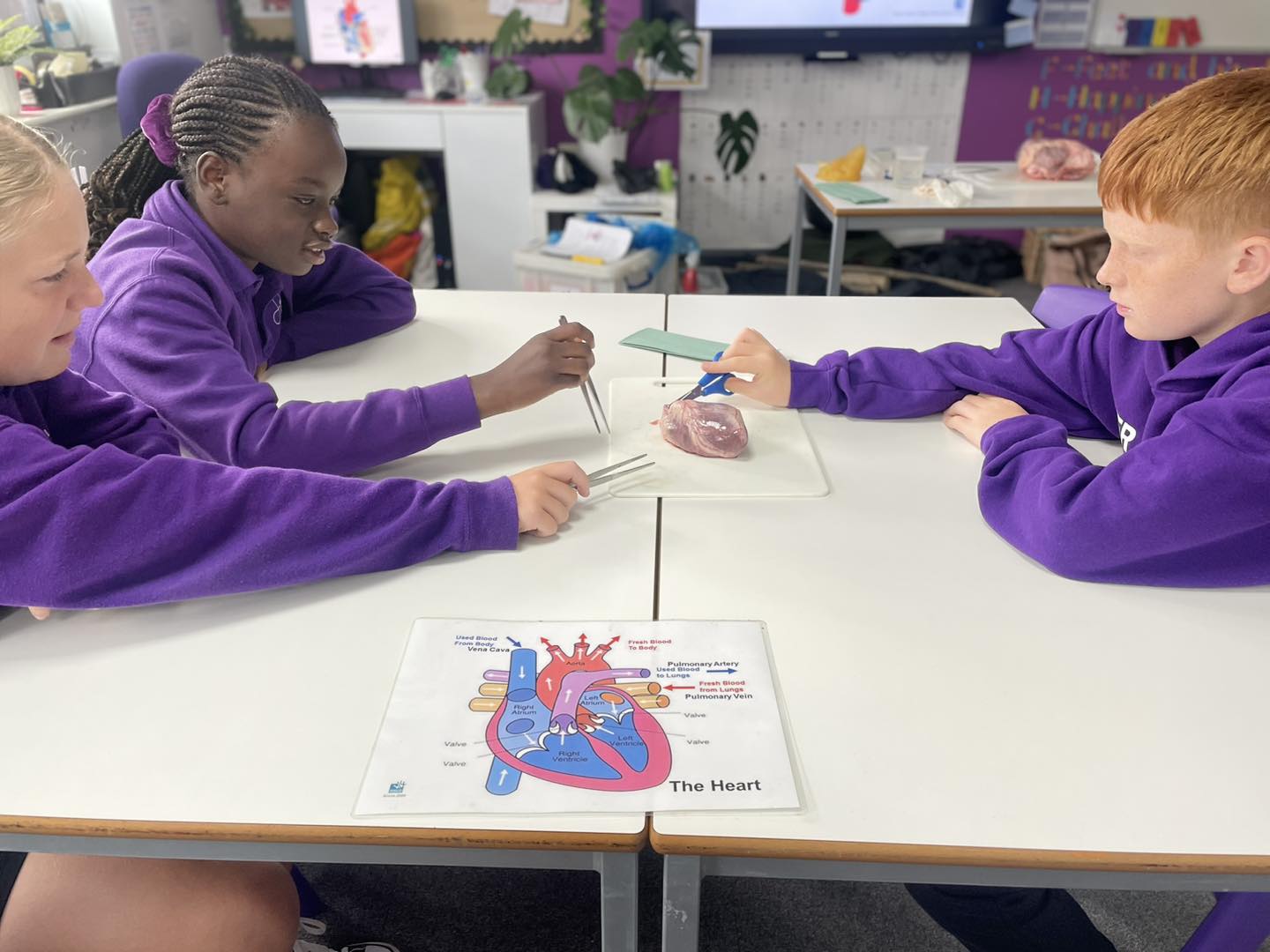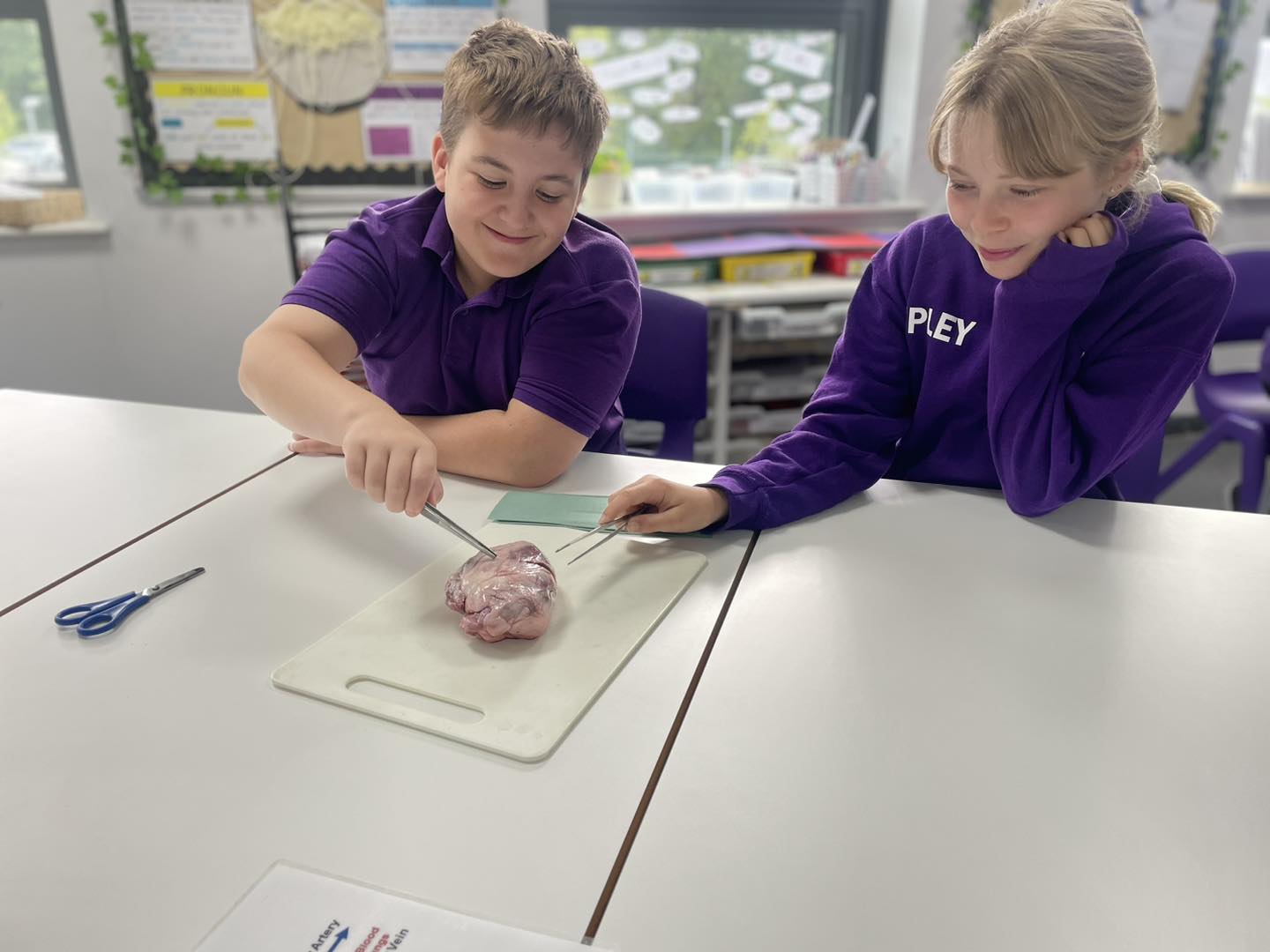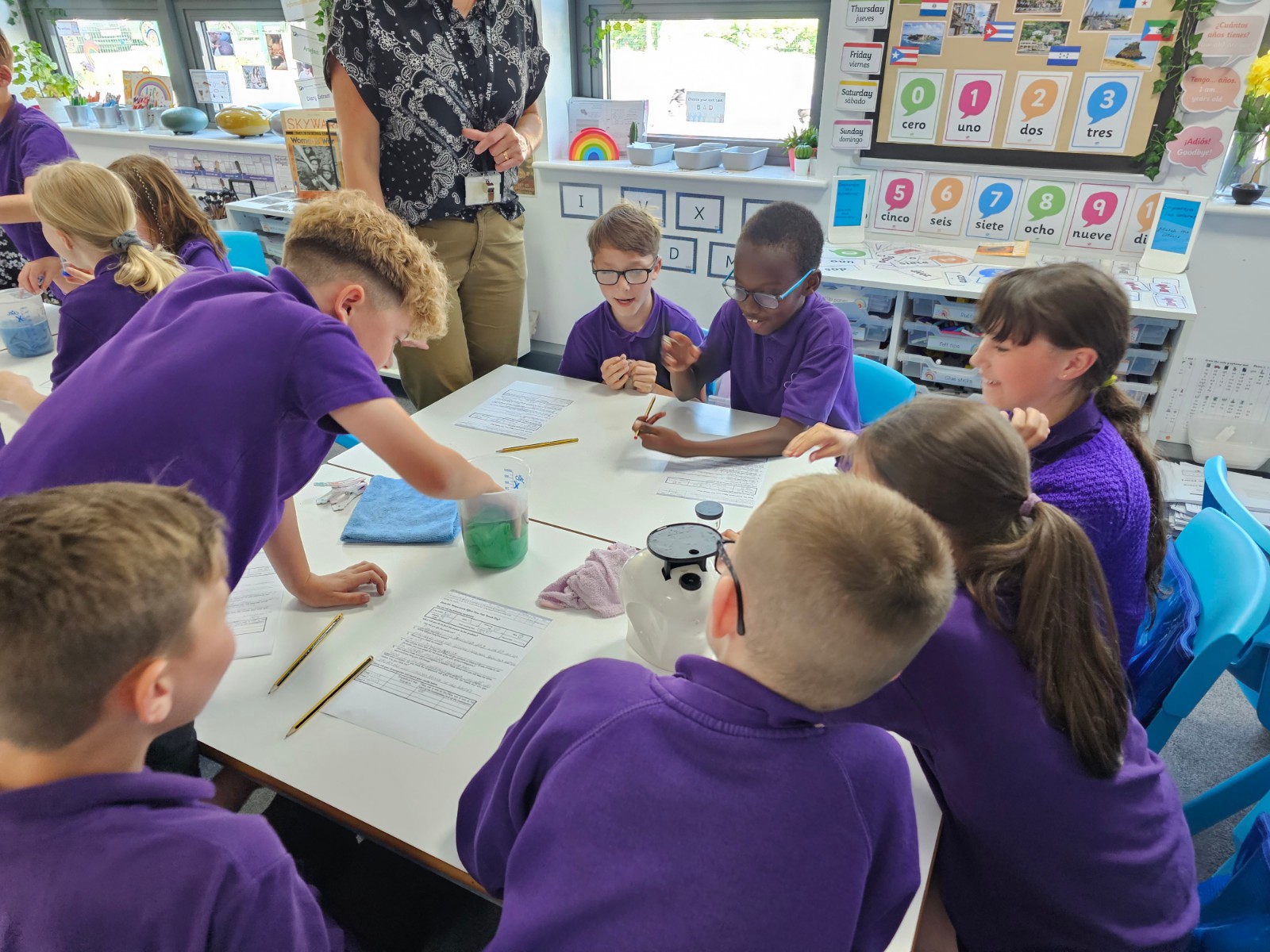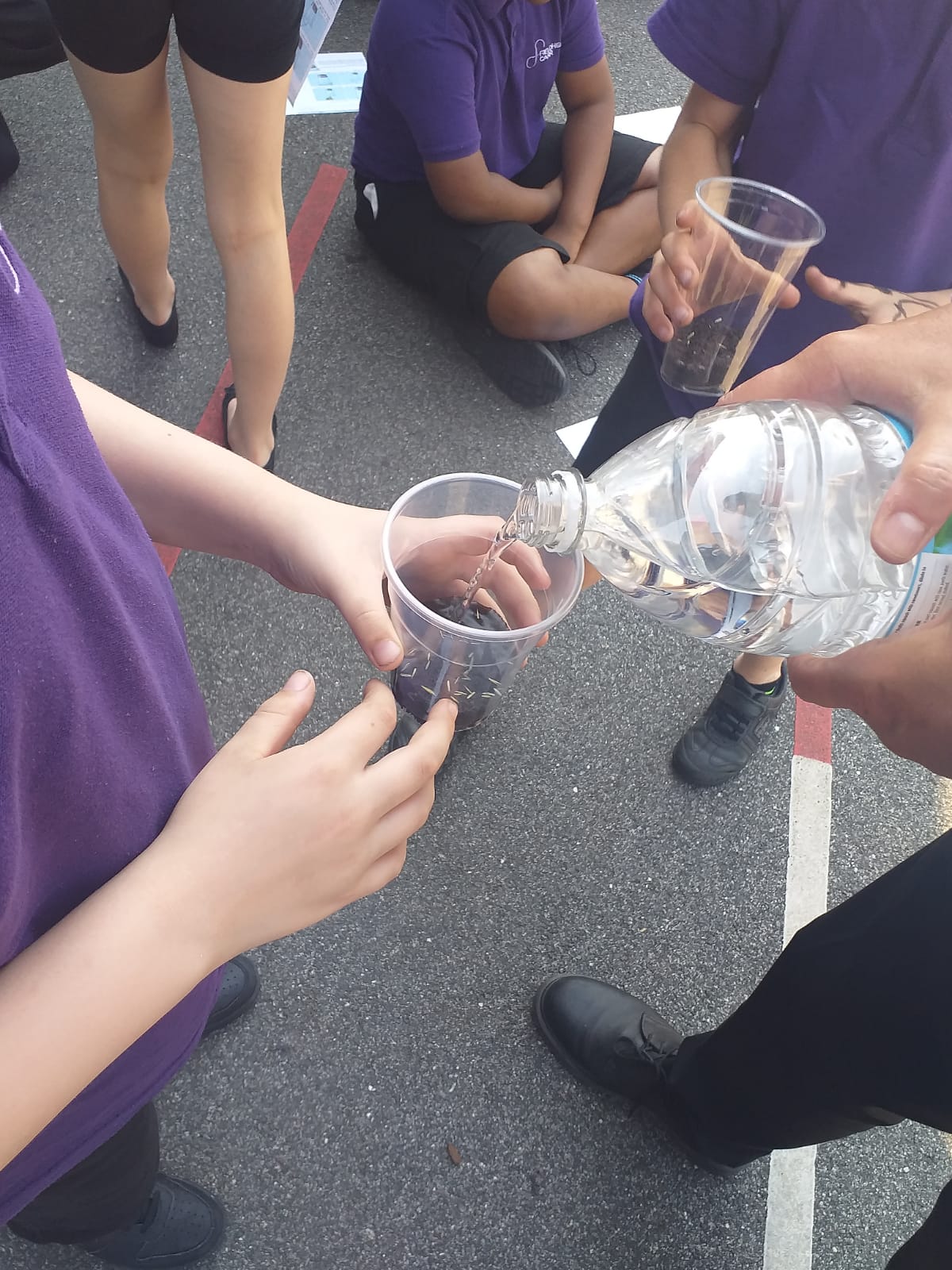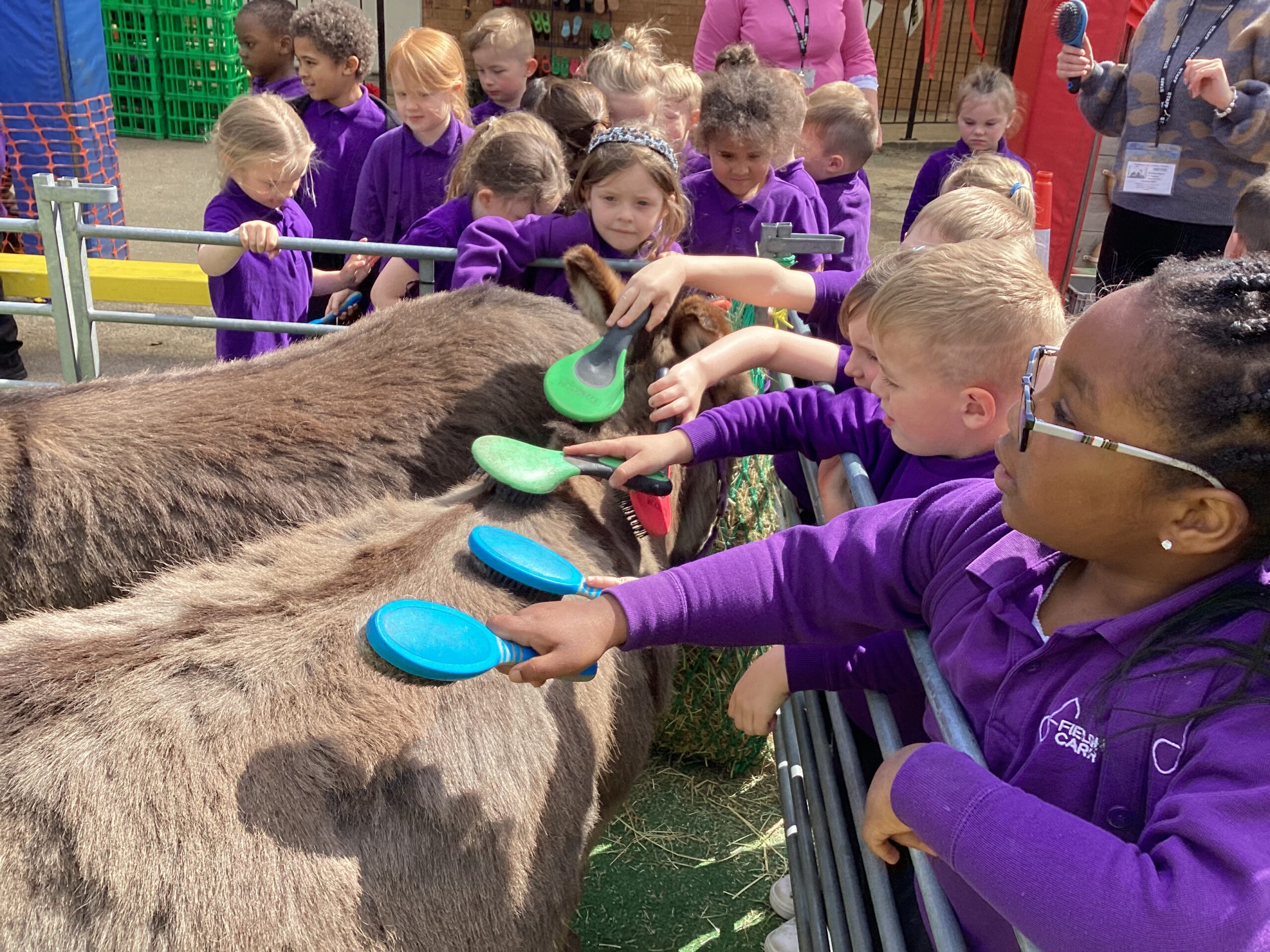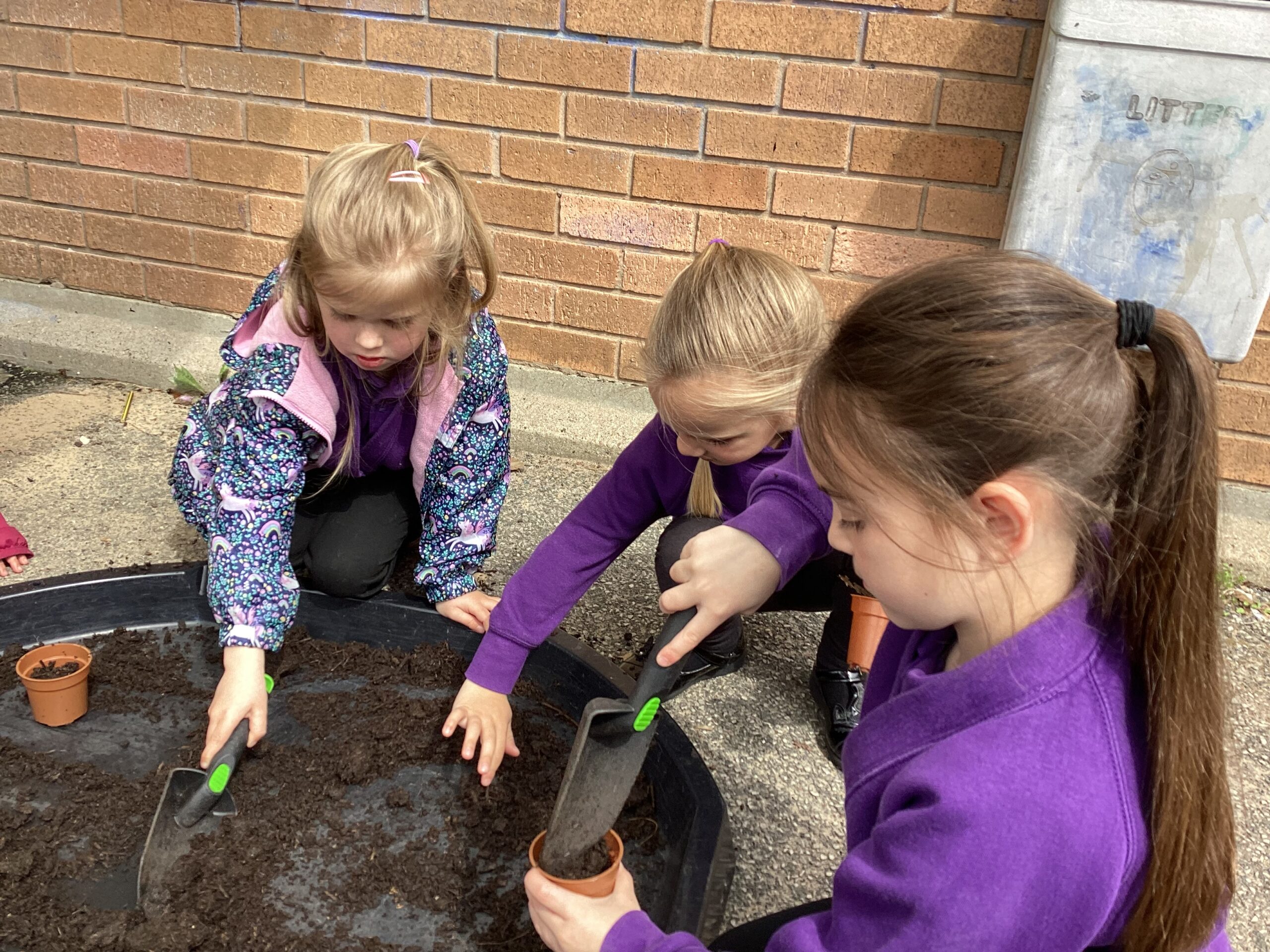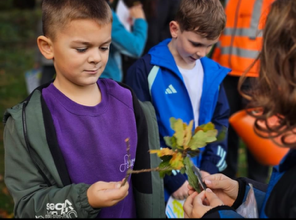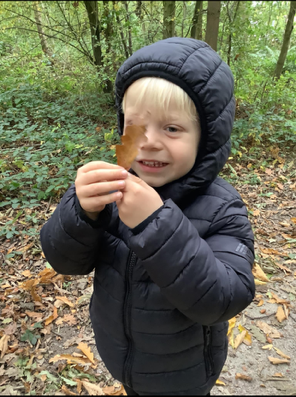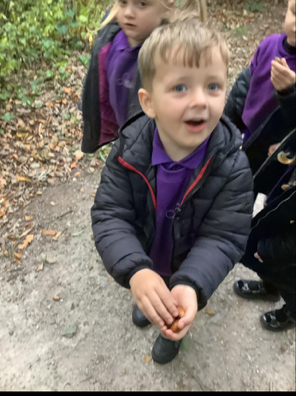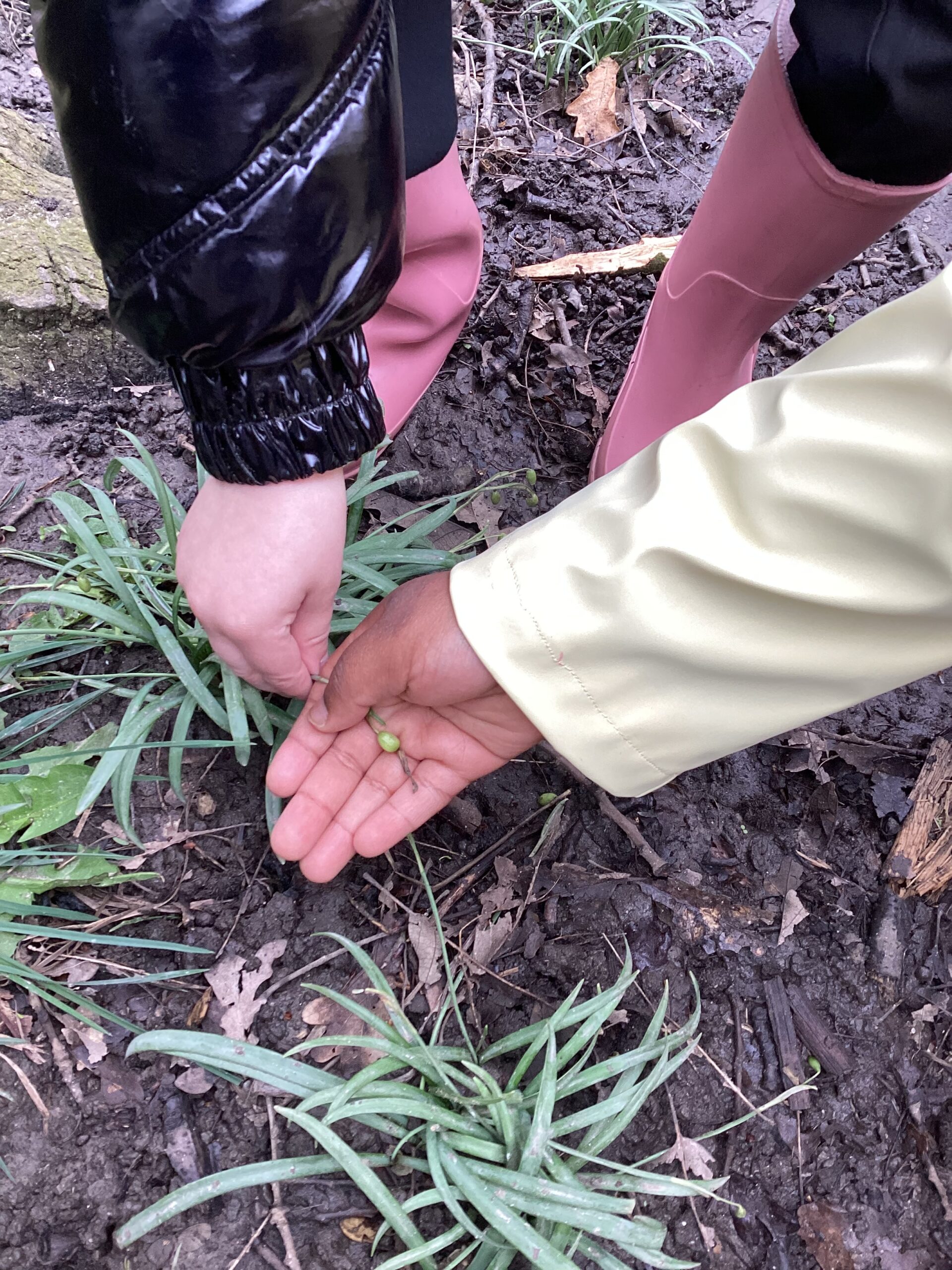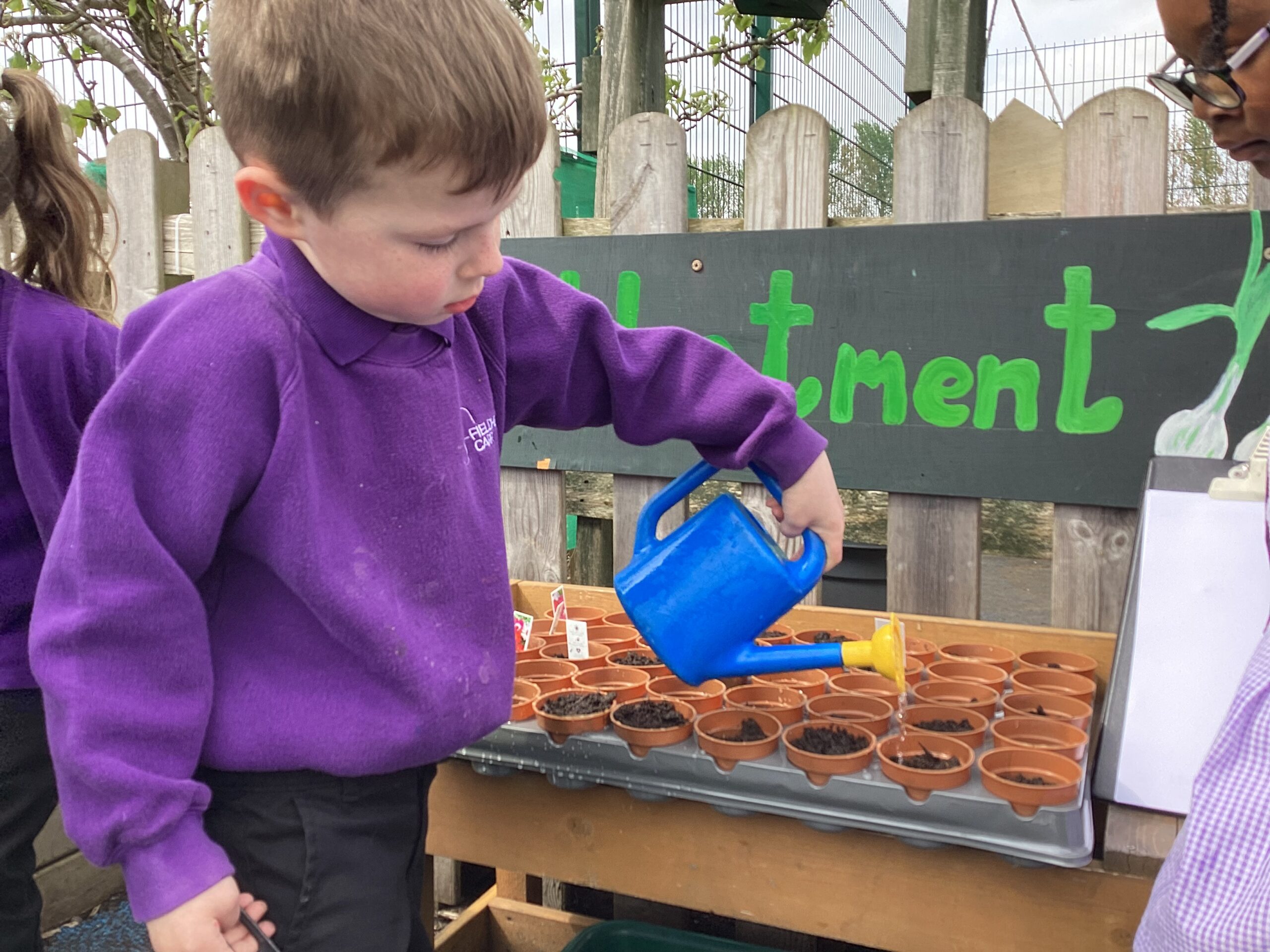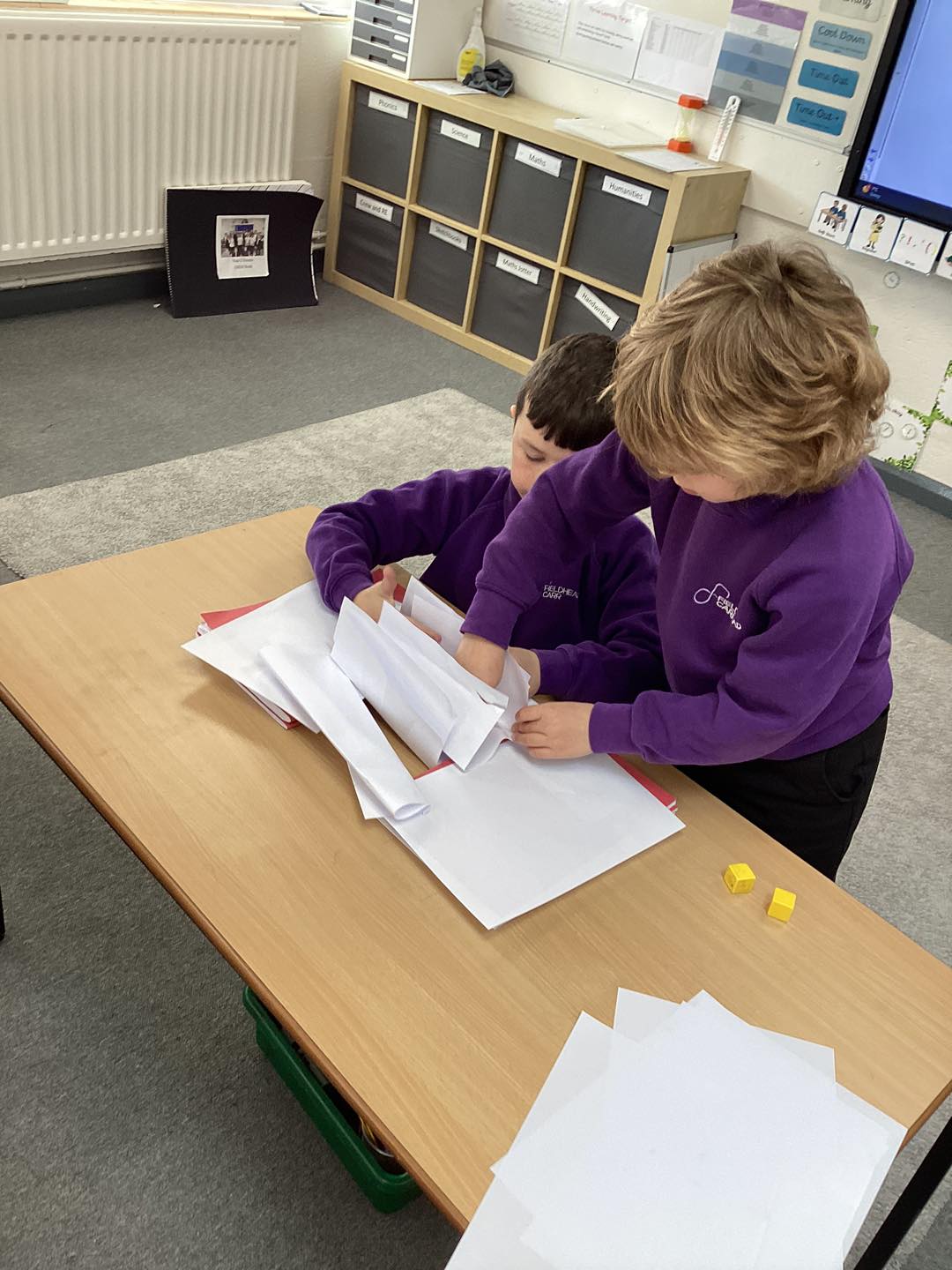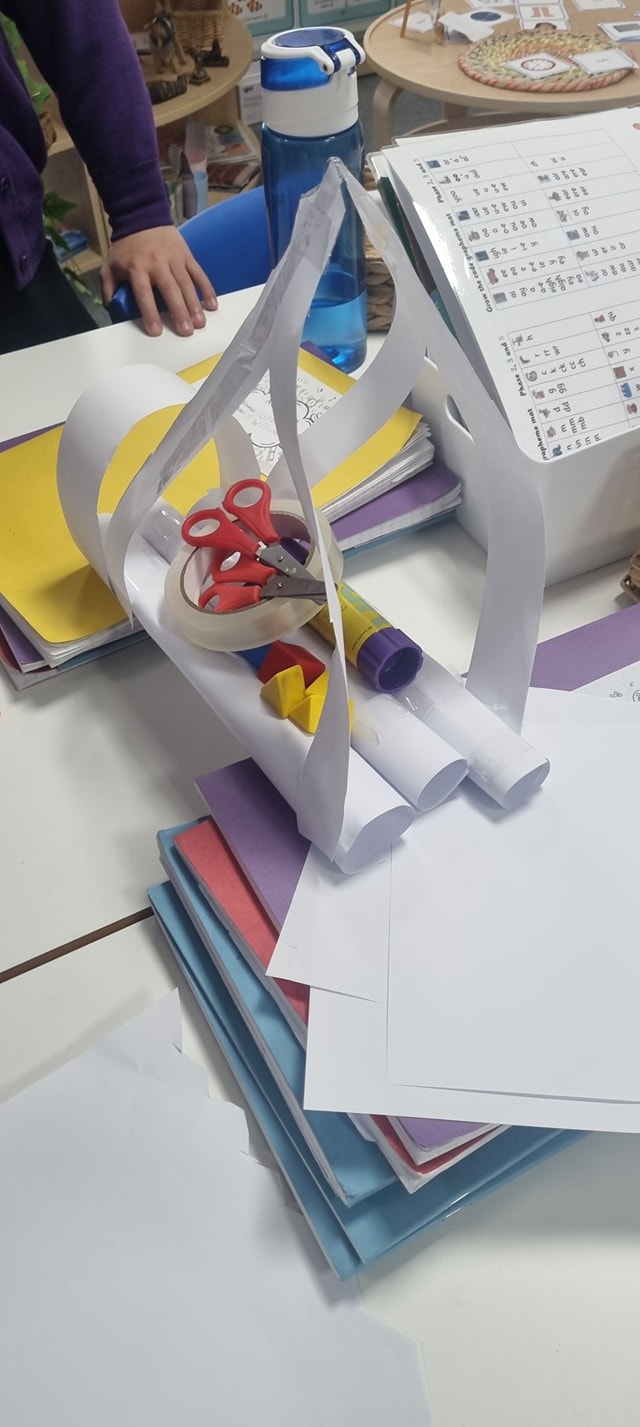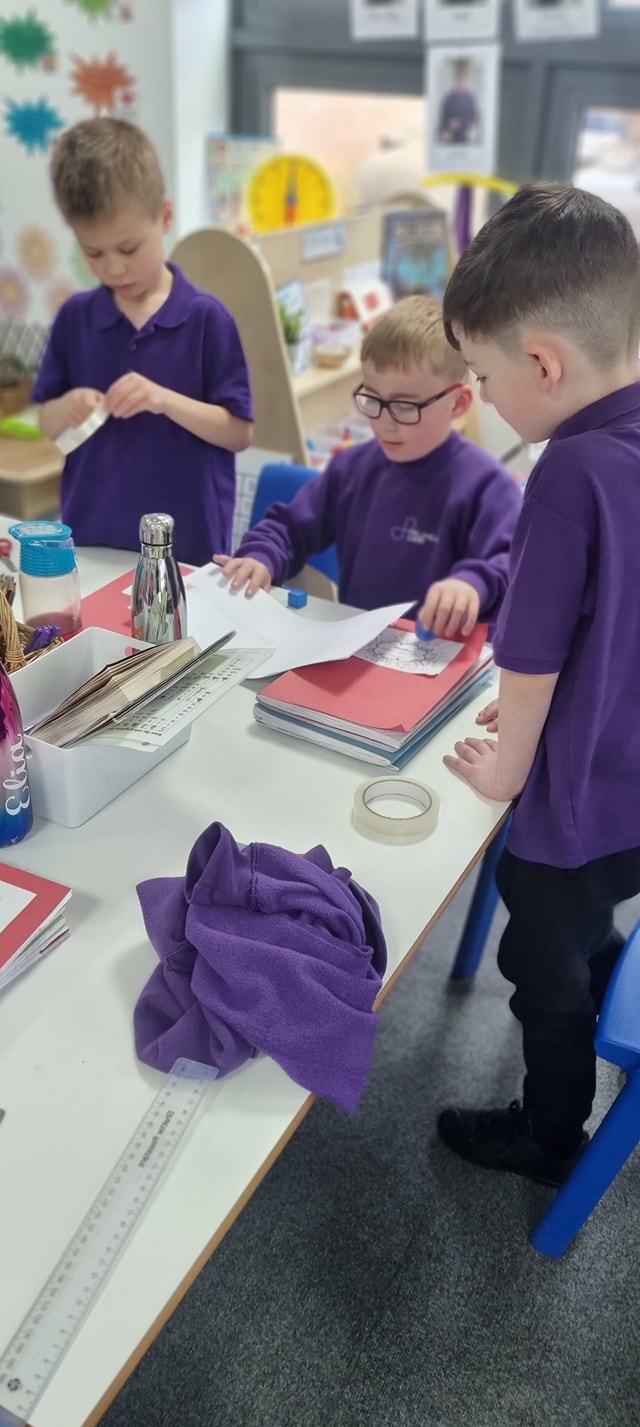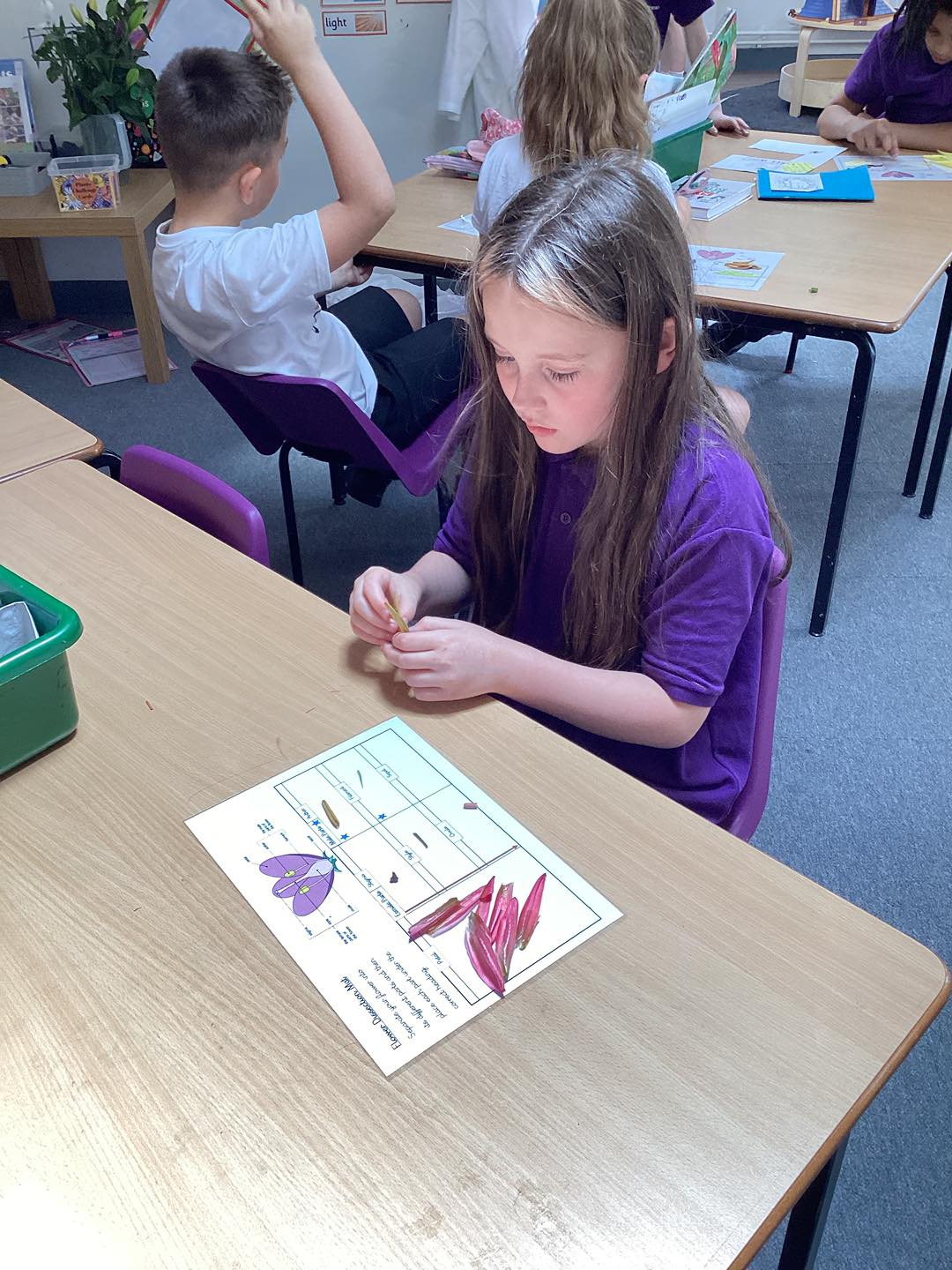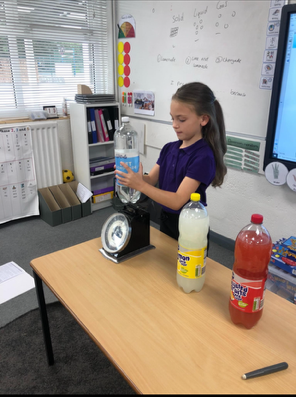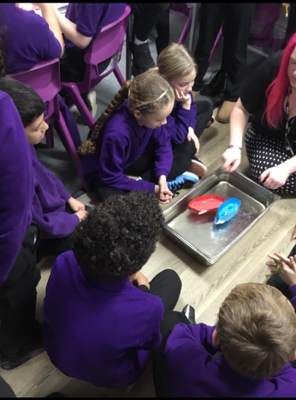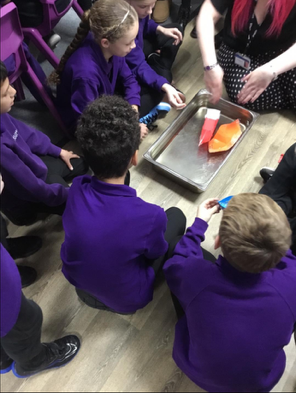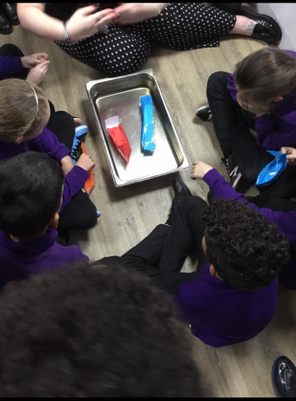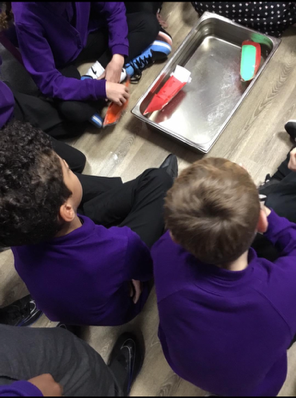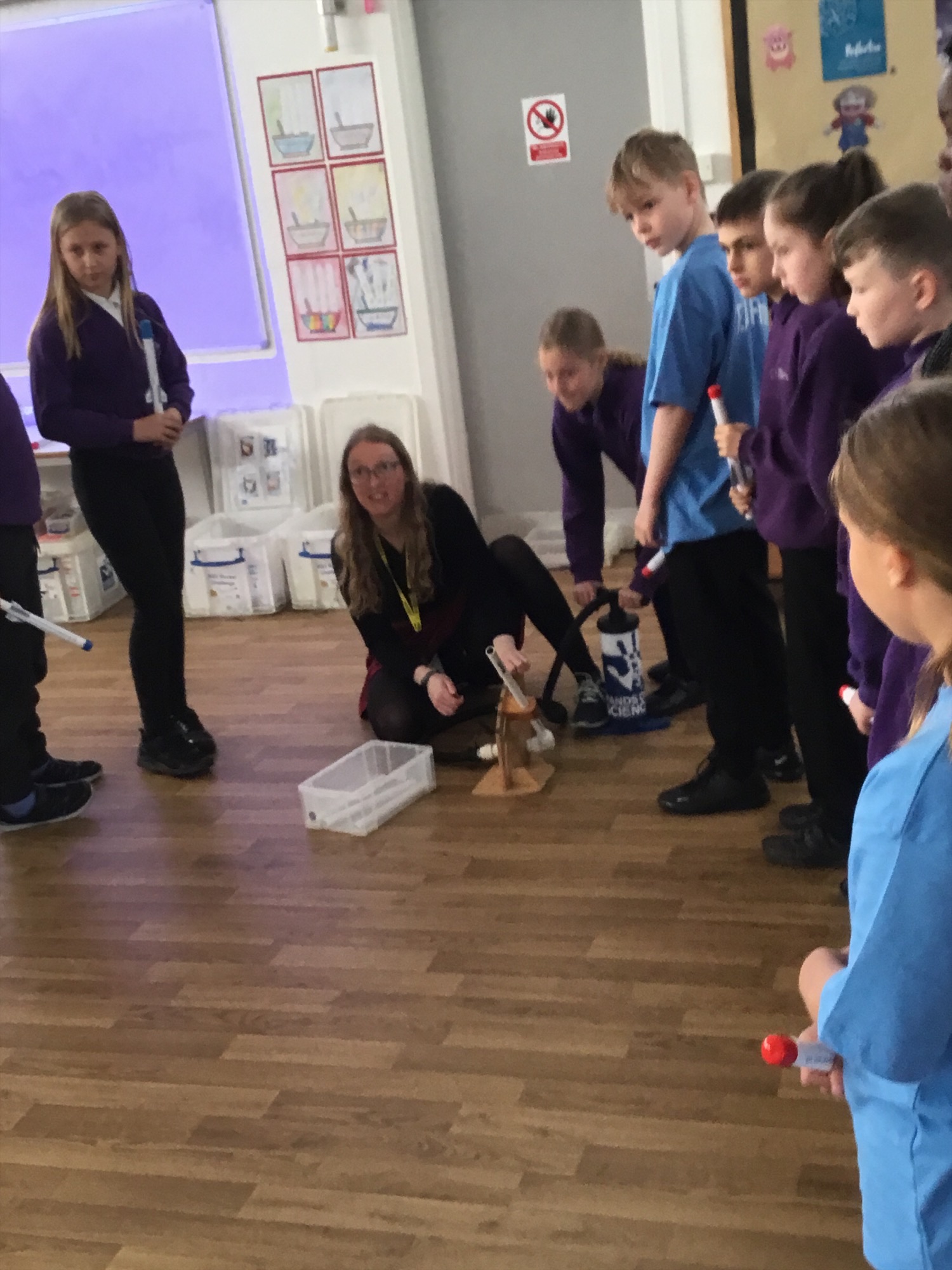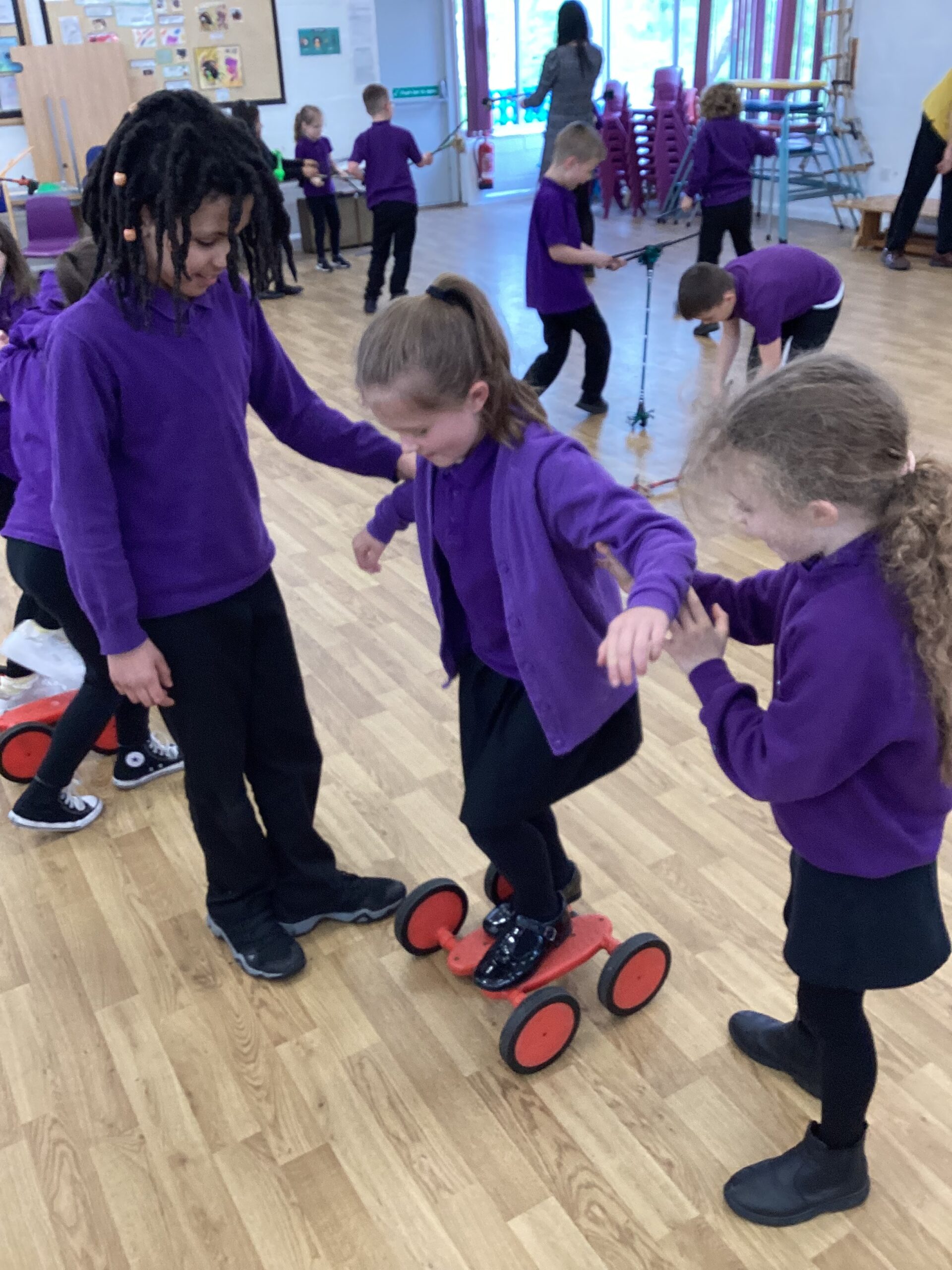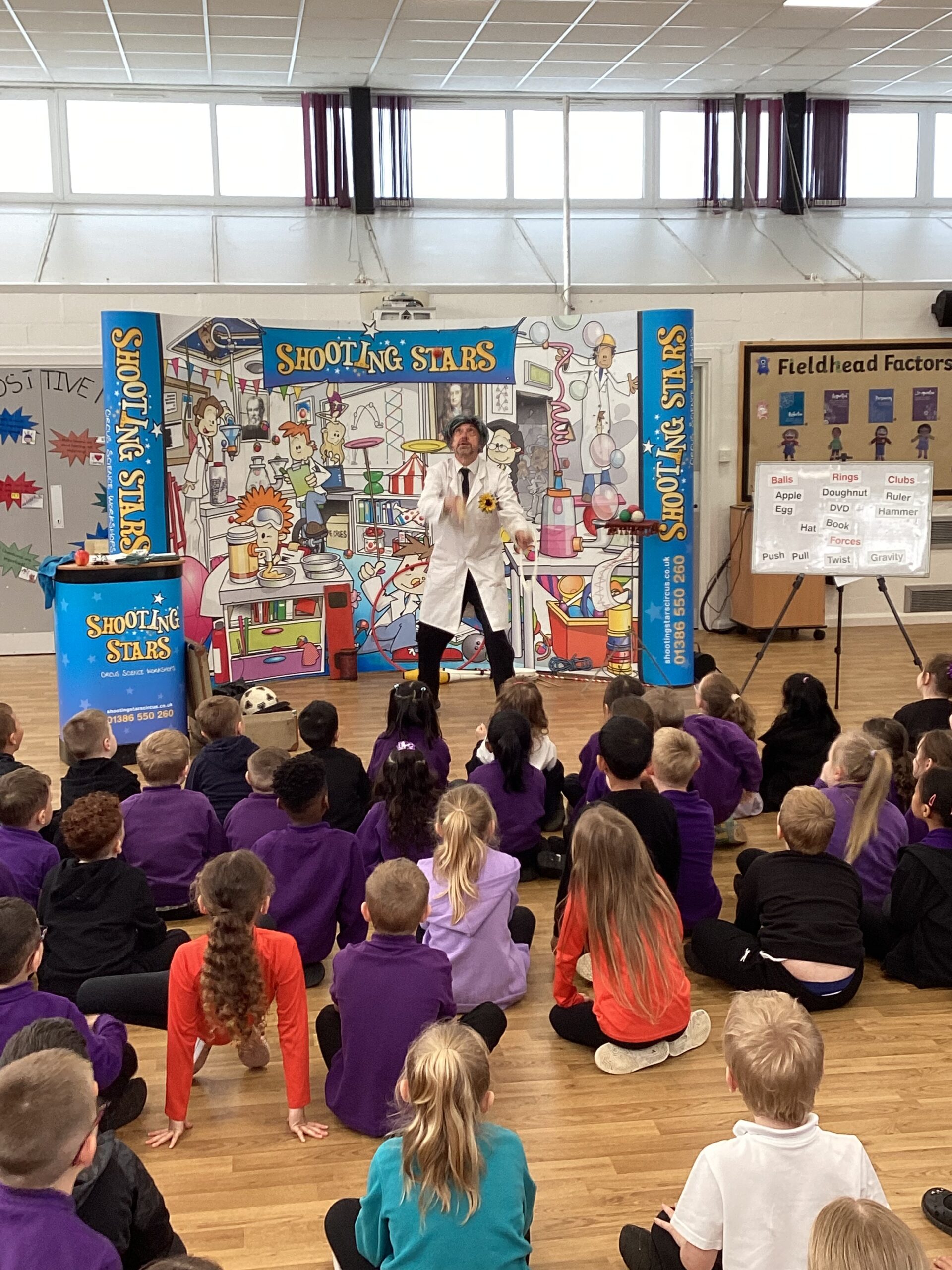Science
“Science and everyday life cannot and should not be separated.”
– Rosalind Franklin
“There is no such thing as a stupid question.”
– Carl Sagan
Science at Fieldhead Carr
The Science Curriculum at FHC has been designed to provide students with a deep understanding of scientific knowledge and give them the foundations they need to recognise the importance of Science in day to day life. As our children progress through their school life, they will be increasingly made to provide insight into working scientifically and develop their curiosity about natural phenomena. The children will be given the chances to apply their knowledge using equipment, building arguments and explaining concepts.
Understanding the World we live in
We want our Science curriculum to give our children a greater understanding of the world we live in, providing a foundation for understanding the world through the precise disciplines of biology, chemistry and physics. Science is vital to the world’s future prosperity, thus all pupils should be taught essential aspect of knowledge, methods, processes and uses of Science. Scientific enquiries will be used to give our children the opportunity to answer scientific questions about the world around them and develop an understanding of the nature, processes and methods of Science. Our curriculum commences closer to home with pupils exploring their environment and making links about the natural world. As pupils move through school, they will look at more complex focuses.
Linked to my Life
We strive for our Science curriculum to excite our children about the world around them and provoke questions asking why and how. Science has already changes our lives immeasurably and will continue to do so in our children’s lives. Therefore all of our pupils will be taught essential aspects of the knowledge, methods, processes, uses and implications of Science, today and for the future.
